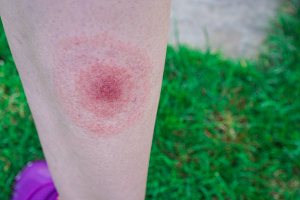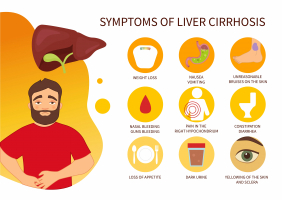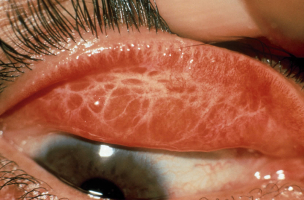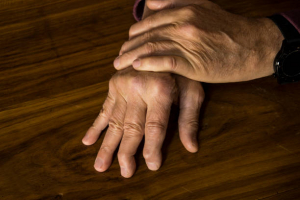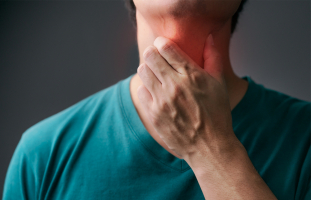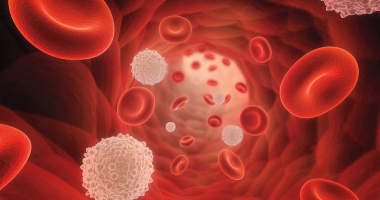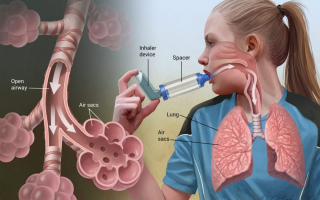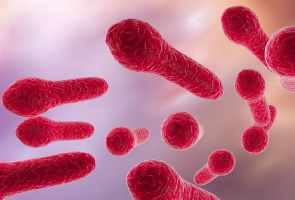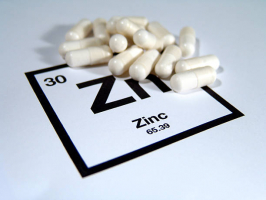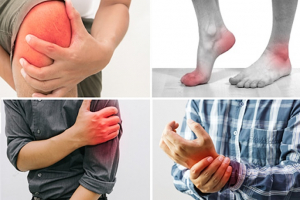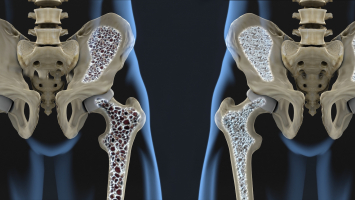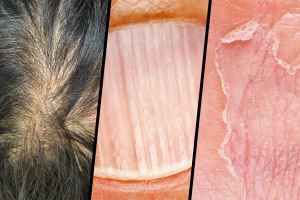Top 9 Signs and Symptoms of Celiac Disease
Celiac disease is an autoimmune ailment that can produce a variety of symptoms, including digestive troubles, exhaustion, skin problems, and nutritional ... read more...deficits. Gluten, a kind of protein present in wheat, barley, and rye, is responsible for these symptoms. This activates your immune system, producing inflammation and damage to your small intestine. Still, if you have any of the usual celiac disease symptoms, it may be a hint that you should be checked for the illness. The following are the most prevalent celiac disease signs and symptoms.
-
One of the first symptoms that many patients encounter before being diagnosed with celiac disease is loose, watery stools. According to one research, around 43% of celiac disease patients suffer diarrhea. This proportion is far lower than it was before the advent of blood tests, which are now extensively used to identify celiac disease.
Following a gluten-free diet, on the other hand, frequently eliminates many symptoms of celiac disease, including diarrhea. In fact, in one study of celiac disease patients, those who adhered to a gluten-free diet had considerably less diarrhea than those who did not. However, bear in mind that there are several other probable reasons for diarrhea, such as illness, dietary intolerances, or digestive problems.

Diarrhea 
Diarrhea -
Bloating is another typical symptom experienced by celiac disease patients. Celiac disease can cause intestinal inflammation, which can lead to bloating and other digestive problems. In a short study of 85 persons newly diagnosed with celiac disease, 9% reported bloating in addition to other digestive symptoms.
Another research of 200 persons with this illness found that eating gluten-free decreased symptoms like bloating and increased quality of life. Gluten may cause digestive issues such as bloating in some persons who do not have celiac disease. One research, for example, discovered that gluten aggravated symptoms such as stomach discomfort, bloating, and exhaustion in persons with irritable bowel syndrome (IBS).

Bloating 
Bloating -
Excess gas is a frequent digestive concern for persons with celiac disease who are untreated. According to one study, around 47% of 130 children with celiac disease exhibited increased flatulence. Similarly, previous research of 193 persons with celiac disease discovered that around 7% had extra gas. Keep in mind, however, that there are several sources of gas. Only two persons tested positive for celiac disease in a survey of 150 patients who complained of excessive gas.
Other, more common causes of gas include:
- constipation
- indigestion
- swallowing air
- conditions like lactose intolerance and IBS
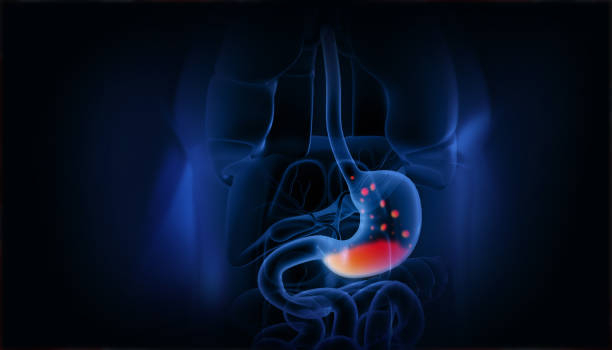
Gas 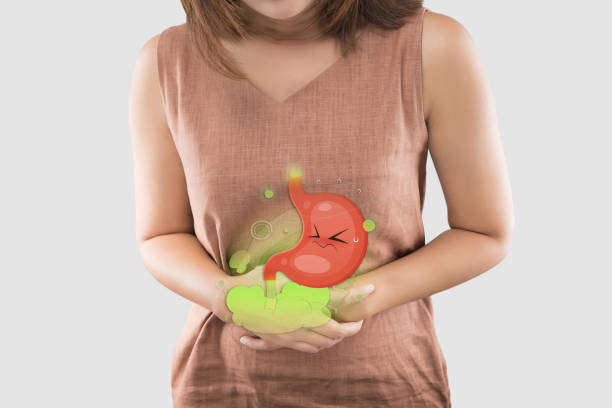
Gas -
Celiac disease patients frequently experience low energy and weariness. According to one big study, persons with celiac disease reported significant levels of tiredness, which often decreased after switching to a gluten-free diet.
Another study discovered that those with celiac disease were more likely to have sleep problems, which may also contribute to exhaustion. Furthermore, untreated celiac disease can damage your small intestine, resulting in vitamin and mineral deficits and lower energy levels. Infection, thyroid issues, depression, and anemia are all possible reasons for weariness.

Fatigue 
Fatigue -
Early indications of celiac disease include a significant reduction in weight and difficulties maintaining weight. This is due to a decrease in your body's capacity to absorb nutrients, which can lead to malnutrition and weight loss. According to one study, roughly 29% and 26% of children with celiac disease, respectively, had a low body weight and a low body mass index (BMI).
Weight loss was one of the most prevalent symptoms in an older study of celiac disease patients. Not only were the symptoms entirely cured after therapy, but individuals gained an average of 17 pounds (7.75 kg). Following a gluten-free diet significantly boosted body weight and BMI after 1 year in another trial of 42 children with the same illness. Diabetes, illness, depression, or thyroid disorders can all result in unexplained weight loss.

Weight loss 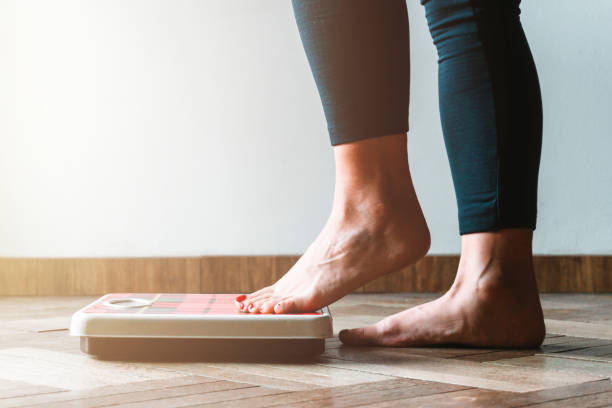
Weight loss -
Celiac disease can limit food absorption and produce iron deficiency anemia, which is characterized by a lack of healthy red blood cells. Symptoms of iron deficiency anemia include:
- fatigue
- weakness
- chest pain
- headaches
- dizziness
According to one study, iron deficiency anemia affects around 40% of celiac disease patients. Another research of 455 celiac disease children discovered that 18% were anemic. Anemia was cured in 92% of patients after an average of one year of following a gluten-free diet. Prior research of 727 celiac patients found that 23% were anemic. Those who had anemia were twice as likely to have significant small intestinal damage, as well as poor bone density caused by celiac disease.
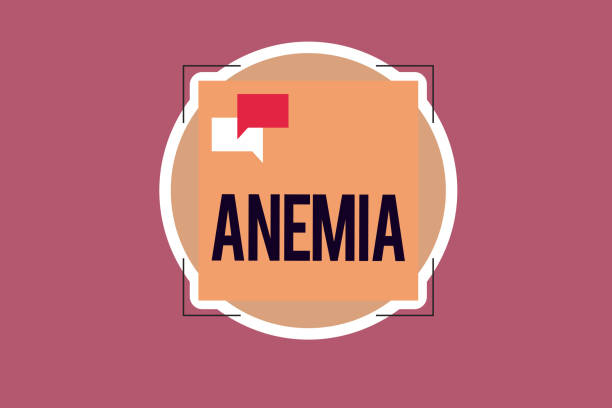
Iron deficiency anemia 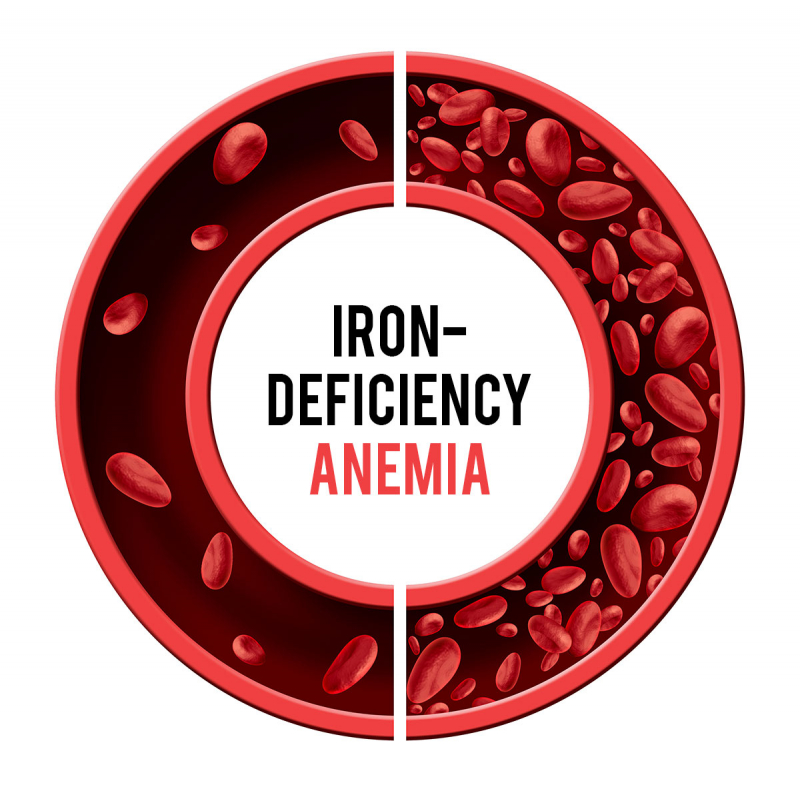
Iron deficiency anemia -
Celiac illness can produce diarrhea in some people but constipation in others. Celiac disease causes intestinal villi destruction. These are tiny fingerlike extensions in the small intestine that are in charge of nutrition absorption. The intestinal villi are unable to adequately absorb nutrients when food passes through your digestive tract and frequently absorb excess moisture from the feces instead. Constipation results from hardened feces that are difficult to pass.
Even on a rigorous gluten-free diet, patients with celiac disease may struggle to avoid constipation. This is because a gluten-free diet excludes numerous high-fiber foods, such as grains, which may result in lower fiber intake and frequency of bowel movements. Constipation can also be caused by physical inactivity, dehydration, and a bad diet.

Constipation 
Constipation -
Celiac disease causes psychological symptoms such as depression in addition to physical ones. A prior meta-analysis of 29 studies found that depression was more prevalent and severe in celiac disease adults than in the general population. Another 37-study evaluation found a relationship between celiac disease and an increased risk of depression, anxiety, and eating disorders.
Furthermore, according to one analysis, anxiety, despair, and exhaustion were often observed among patients with untreated celiac disease, which may have a severe impact on quality of life and dietary adherence. However, there are many other potential causes of depression, including:
- shifts in hormone levels
- stress
- grief
- genetics

Depression 
Depression -
Dermatitis herpetiformis can be caused by celiac disease. This is a rash that is itchy and blistering on your elbows, knees, or buttocks. This rash affects around 17% of patients with celiac disease and is one of the signs that leads to a diagnosis. It may also appear after a diagnosis as a result of poor treatment adherence.
The additional digestive symptoms that are frequently associated with celiac disease are rarely seen by those who develop this skin rash. Other potential causes of an itchy skin rash besides celiac disease include:
- eczema
- psoriasis
- dermatitis
- hives

Itchy rash 
Itchy rash











